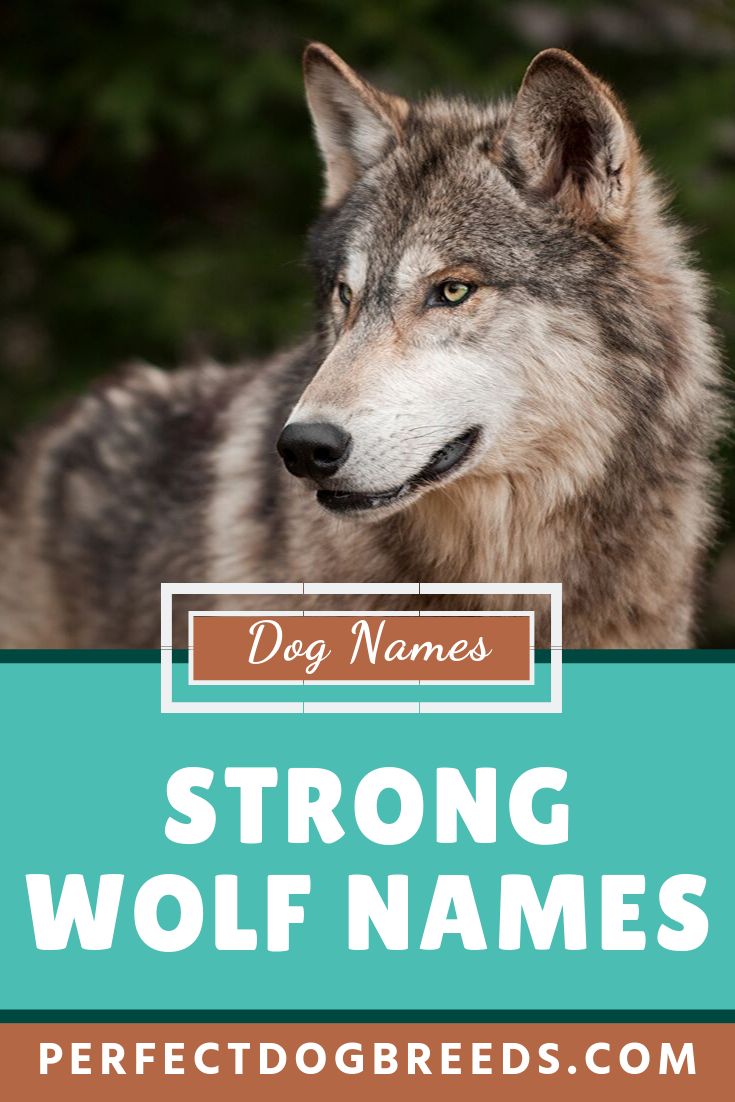Mythical Beasts: Exploring Names For Wolves In Mythology
Throughout history, wolves have held a significant place in various mythologies and cultural narratives. These majestic creatures are often seen as symbols of strength, loyalty, and ferocity. Many ancient cultures have personified wolves, attributing them with unique names and characteristics that reflect their roles in folklore and mythology. From the Norse tales of Fenrir to the Native American legends, the names for wolves in mythology are as diverse as the cultures that created them. The fascination with these names stems from their ability to evoke powerful imagery, embodying the spirit of the wild and the complexities of human emotions. By delving into the various names associated with wolves in mythology, we can gain a deeper understanding of how different societies have viewed these creatures over time.
In many cultures, wolves are revered and feared in equal measure. They are often depicted as guardians, guides, or even as ominous harbingers of change. Their names in mythology frequently reflect their dual nature, embodying both the nurturing and destructive aspects of life. This article aims to explore some of the most notable names for wolves in mythology, providing insights into their origins and meanings. Through this exploration, we will uncover the rich tapestry of stories that have shaped our understanding of wolves as mythical beings.
As we embark on this journey through the world of mythical wolves, it is essential to appreciate the cultural significance behind each name. Each name carries a story, a lesson, or a moral that has been passed down through generations. Furthermore, the names for wolves in mythology can help us connect with our own fears, aspirations, and the untamed spirit that resides within us all. So, let us dive into the captivating realm of mythical wolves and discover the names that have made their mark in history.
What Are Some Famous Names for Wolves in Mythology?
Wolves have inspired countless stories and legends across different cultures. Here are a few famous names for wolves in mythology:
- Fenrir: A monstrous wolf from Norse mythology, Fenrir is destined to kill the god Odin during Ragnarok.
- Romulus and Remus: In Roman mythology, these twin brothers were raised by a she-wolf, who embodies maternal instincts and protection.
- Amaterasu: In certain Japanese myths, a celestial wolf named Amaterasu is associated with the sun and creation.
- Maahes: An Egyptian lion-headed god often portrayed with a wolf companion, symbolizing strength and protection.
How Do Different Cultures Interpret Wolves?
The interpretation of wolves varies significantly across different cultures:
- Native American Cultures: Wolves are often seen as teachers and symbols of loyalty.
- European Folklore: In many European tales, wolves can represent cunning and danger.
- Asian Mythology: Wolves are revered as spiritual guides and guardians.
Why Are Wolves Significant in Mythology?
The significance of wolves in mythology lies in their representation of human traits and societal values:
- Strength and Resilience: Wolves are often portrayed as strong, capable beings that embody the struggle for survival.
- Community and Loyalty: They symbolize the importance of family and social bonds.
- Duality: Wolves represent the balance between good and evil, light and darkness.
What Are Some Lesser-Known Names for Wolves in Mythology?
While some wolf names are well-known, others are less prominent but equally interesting:
- Geri and Freki: In Norse mythology, Odin's two wolves represent his connection to war and sacrifice.
- Akhlut: A creature from Inuit mythology that is part wolf and part orca, symbolizing the duality of land and sea.
- El Chupacabra: A legendary creature in Latin American folklore that shares wolf-like traits with its predatory nature.
How Do Names for Wolves in Mythology Reflect Human Emotions?
The names for wolves in mythology often embody complex human emotions:
- Fear: Many tales portray wolves as fearsome predators, reflecting humanity's primal fears.
- Love: The nurturing aspect of wolves is highlighted in stories where they protect their young or humans.
- Wisdom: Wolves are often depicted as wise creatures, offering guidance and insight in various myths.
Which Modern Works Have Been Influenced by Mythical Wolf Names?
Many contemporary works of literature and media have drawn inspiration from the names for wolves in mythology:
- Literature: Books like "The Call of the Wild" and "White Fang" explore themes of survival and the wolf's spirit.
- Film: Movies such as "The Wolfman" and "The Twilight Saga" incorporate mythical wolf lore.
- Video Games: Titles like "Wolf Among Us" and "Far Cry Primal" feature wolves as central characters, drawing from mythological themes.
What Can We Learn from the Names for Wolves in Mythology?
The names for wolves in mythology offer valuable lessons about nature, society, and human psychology:
- Embrace Strength: Like wolves, we can learn to harness our inner strength.
- Value Loyalty: The bonds between wolves teach us the importance of loyalty and community.
- Understand Duality: Recognizing the balance of good and evil within ourselves can lead to personal growth.
Unveiling The Enigma Of Lena D Plug: The Rising Star
Mastering The Art Of Mischief: Great Phone Prank Ideas
Unveiling The Height Of Yaritza Martinez: How Tall Is She?


